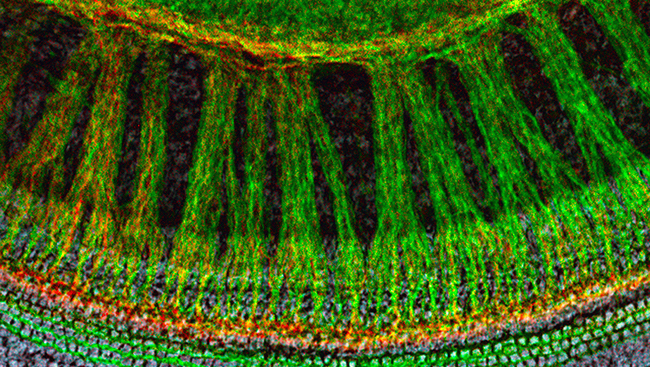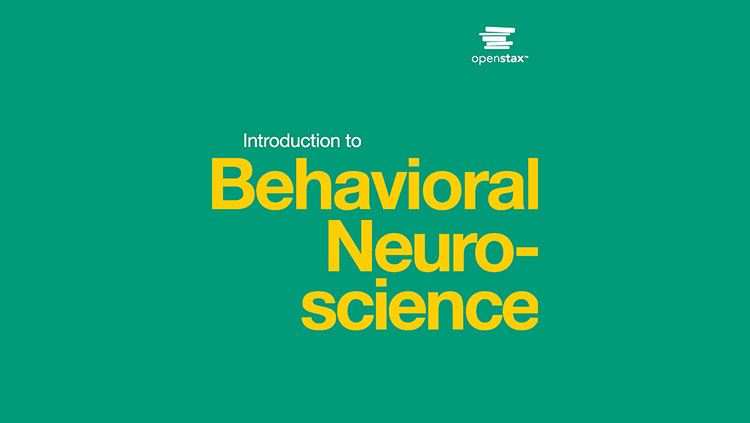Enhancing a Scientific Culture That Rewards Scientific Rigor
- Featured in:
- Foundations of Rigorous Neuroscience Research

Advances in science depend on research that generates reliable and reproducible results. Over the past decade, however, a surprising number of reports have cited failures to replicate critical findings, some of which could serve as the foundation for future human therapies.
Lack of reproducibility has motivated funding agencies, journals, and institutions to re-examine research practices in order to improve scientific rigor — and positive steps have been taken. For example, funding agencies now include scientific rigor as a review criterion for grant proposals. Publishers have brought back Materials and Methods sections, requiring authors to be thorough and informative and to specify requirements for blinding and statistical analyses. Additionally, institutions and professional societies, including SfN, have developed dedicated training on the technicalities of conducting rigorous research.
Cultural Factors Undermining Rigor
But even with the best intentions and implementation of best practices, rigorous research practices are often undermined by the fabric of the sociology and culture of the modern research enterprise. This can include time pressures such as grant deadlines, promotion and tenure reviews, and the overall pressure to publish work of “broad interest,” which often means multi-lab collaborations. Time pressures can also lead search as well as promotion and tenure committees to use proxies of excellence, such as journal impact factor, and to under-value strong contributions that advance the field.
These issues affect scientists from every career stage and path, in all areas of their work — research practices, laboratory management, publication, grant and manuscript peer review, mentoring and recruiting, promotion and tenure considerations, and more.
To raise awareness around and identify solutions to these underlying cultural issues, SfN, with support from the National Institutes of Neurological Disorders and Stroke, is launching a three-year training program: Foundations of Rigorous Neuroscience Research (FRN).
This program will develop new resources to promote awareness and solutions related to conducting rigorous research and to empower researchers at all career stages to adopt rigorous research practices. We will serve as the PIs for this program, and its substance will be shaped by input from everyone in the scientific community.
Topics
The training program will be broad in scope but largely focus on issues that underlie the sociology of science:
- Maintaining objectivity in judgments and decisions that affect laboratory practices and professional activities. This includes recognizing and addressing sources of bias that can affect scientific experimentation and influence personnel management in a way that erodes a culture of scientific rigor.
- Establishing principles of rigorous and transparent data collection and record-keeping as it includes both maintaining complete records of procedural details and managing data when research teams are in different locations — sometimes spanning across the globe.
- Addressing the cultural factors outside of the actual conduct of research that undermine rigor in laboratory practices, including career advancement incentives and publication pressures.
Input From the Scientific Community
We aim to engage the entire neuroscience community in these discussions through many platforms. Activities will include workshops and short courses at SfN’s annual meeting, webinars, virtual conferences, toolkits, articles, and other written resources.
Opportunities for community input will be offered throughout the program. Town halls and live “Ask an Expert” sessions will enable continuous active engagement and discussion. Anonymous surveys and topic submission forms will encourage scientists at all career stages to share their own experiences with barriers to as well as solutions for adopting rigorous research practices.
No matter your career stage, path, or background, we invite you to share your opinions about barriers that have affected your own pursuit of rigorous science, along with your ideas for implementing solutions.
Start now with this online forum and anonymous survey, and please share both with your colleagues.
We look forward to discussing how to empower one another to build a scientific culture that fully supports rigorous research.
Complete this short survey to provide valuable feedback about this article to the authors.












